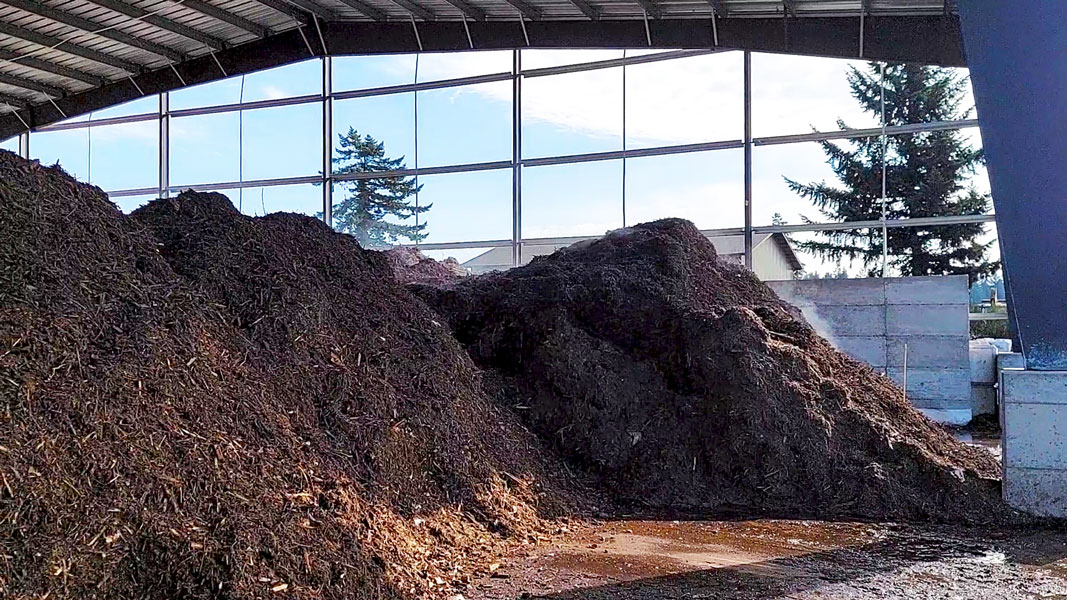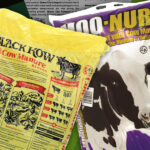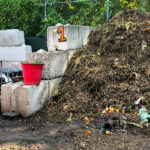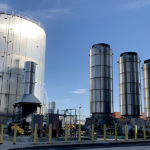Top: Food and yard waste composting facility at Brady Trucking Co. in Shelton, WA. Image courtesy Green Mountain Technologies
In the beginning of March, HB 2301 passed in the Washington State legislature, finalizing adoption of a bill aimed at diverting commercial, institutional, and residential food waste from landfill disposal. Washington Gov. Jay Inslee is expected to sign HB 2301 before the end of March. A summary highlights actions included in the legislation:
- Establishes new grant programs related to food waste reduction and organic material management policy implementation
- Amends organic material collection service requirements for local governments, residents, and businesses
- Establishes color requirements for garbage, recycling, and organic material disposal bins
- Amends labeling requirements related to the degradability of plastic or non-plastic products
- Amends compost procurement programs and requirements
HB 2301 builds upon a law enacted in 2022 (HB 1799) that established state goals to divert 75% of organic material to landfills by 2030 and recover 20% of disposed edible food by 2025, both relative to 2015 levels. (Organic materials are specified to include manure, yard trimmings, food waste, food processing residuals, wood wastes, and garden waste.) As part of HB 2301, organics collection will be required for single family residents in urbanized areas of the state — at a minimum of every other week or at least 26 times annually — in April 2027. Language in this section of the bill states that the Washington Department of Ecology (which will be writing the implementation regulations and administer the law) may, by waiver, reduce the collection frequency requirements for “the collection of dehydrated food waste or to address food waste managed through other circumstances or technologies that will reduce the volume or odor, or both, of collected food waste.” The bill also sets up a new grant program to help city and county staff and others offer technical assistance, education, enforcement, and upgrade infrastructure.
“It will be great when more of our residents are separating their food scraps and sending them to composting or other technologies such as anaerobic digestion or even vermiculture by worms,” said Heather Trim, Executive Director of Zero Waste Washington. “I am especially excited by the study that Ecology will do to look at the status of plastic produce stickers. Consumers and composters really want to get rid of those and switch to paper or compostable stickers.” The Product Degradability Restrictions section addresses home compostability claims and gives guidance on enforcement of the state’s degradability labeling requirements by cities and counties, including procedures and fine amounts.













